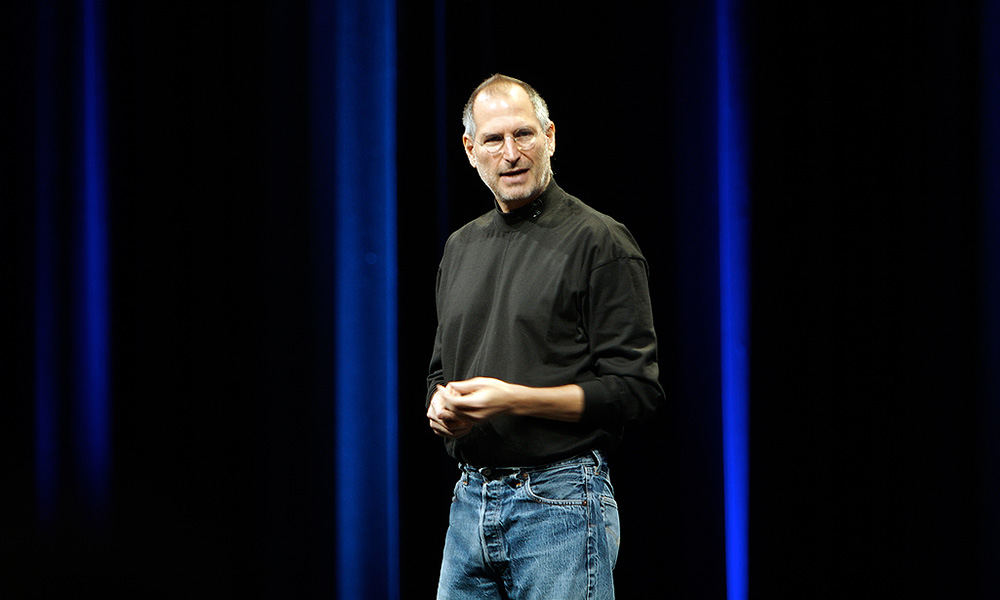
Is the Charismatic Leader in Decline?
Great leadership doesn't demand a great personality. Indeed, a smart, global-minded strategist may be more necessary than ever.
My airplane reading during a brief vacation last week was a book about a highly controversial religious organization that largely grew thanks to the force of personality of its founder. This man—his name alone tends to attract vociferous commenters, so let’s just call him Captain Stubbard—would become the center of countless legal and PR nightmares, and he lorded over overworked underlings. Stubbard’s tale is an object lesson in the upsides and downsides of organizations that need charismatic leadership as a necessary support beam: Things get done, and the organization survives, but employees endure the flaws of the person in charge.
An appealing person is, well, appealing. But it’s no guarantee things will get done, or done well.
Who needs it? Who needs the charismatic leader who’s defined by the winning demeanor and the inspiring speeches? When Steve Jobs died in 2011, there was great concern that Apple might weaken under the leadership of Tim Cook, whom even ardent iPhone enthusiasts might struggle to pick out of a lineup. Yet the company remains strong; despite some recent hits, its stock price has increased since Jobs’ death. Even President Barack Obama’s detractors concede that he has charisma to spare as a public speaker, but that’s done little to untangle Washington gridlock. An appealing person is, well, appealing. But it’s no guarantee things will get done, or done well.
At the Harvard Business Review blog, management professor Terri Griffith recently took up the idea that charismatic leadership may not be all it’s cracked up to be. In the past, she writes, when employees shared close quarters a leader’s interpersonal skills were extremely important, she writes; now that organizations are more global and diverse, and as the demands on them are more complex, a smart strategist is more essential to lead an organization. She cites the example of one company that succeeds “because they hire, train, and reward for their goals — not because of the interpersonal skills of their formal leaders.”
That resonates with what I heard when I reported a story on how associations hire overseas staff. By and large, the associations I spoke with aren’t looking for people who model the particular vision that comes out of U.S. headquarters; they want people who can build relationships tailored to the country in which they’re working. Richard Tracy, international director of the Global Cold Chain Alliance, told me that the association’s efforts in Pakistan didn’t work until it found a person who was grounded in the hospitality industry, not the particular work of the association. “Ultimately, we’re looking for people who see the needs of their clients and say, ‘How can I make you happy?'” Tracy said.
None of which is to say that strong leadership doesn’t matter, or that charisma isn’t meaningful—it certainly matters when it comes to building partnerships and doing advocacy work. People who are aloof or cold inevitably have a harder time implementing their vision. But regardless of who’s in charge, setting strategy and getting the right people involved ultimately matter more.
Do you disagree? Your elegantly phrased, impassioned, and inspirational arguments for the virtues of the charismatic leader are welcome in the comments.
Steve Jobs, the iconic example of the charismatic leader. (photo by Ben Stanfield/Flickr)






Comments